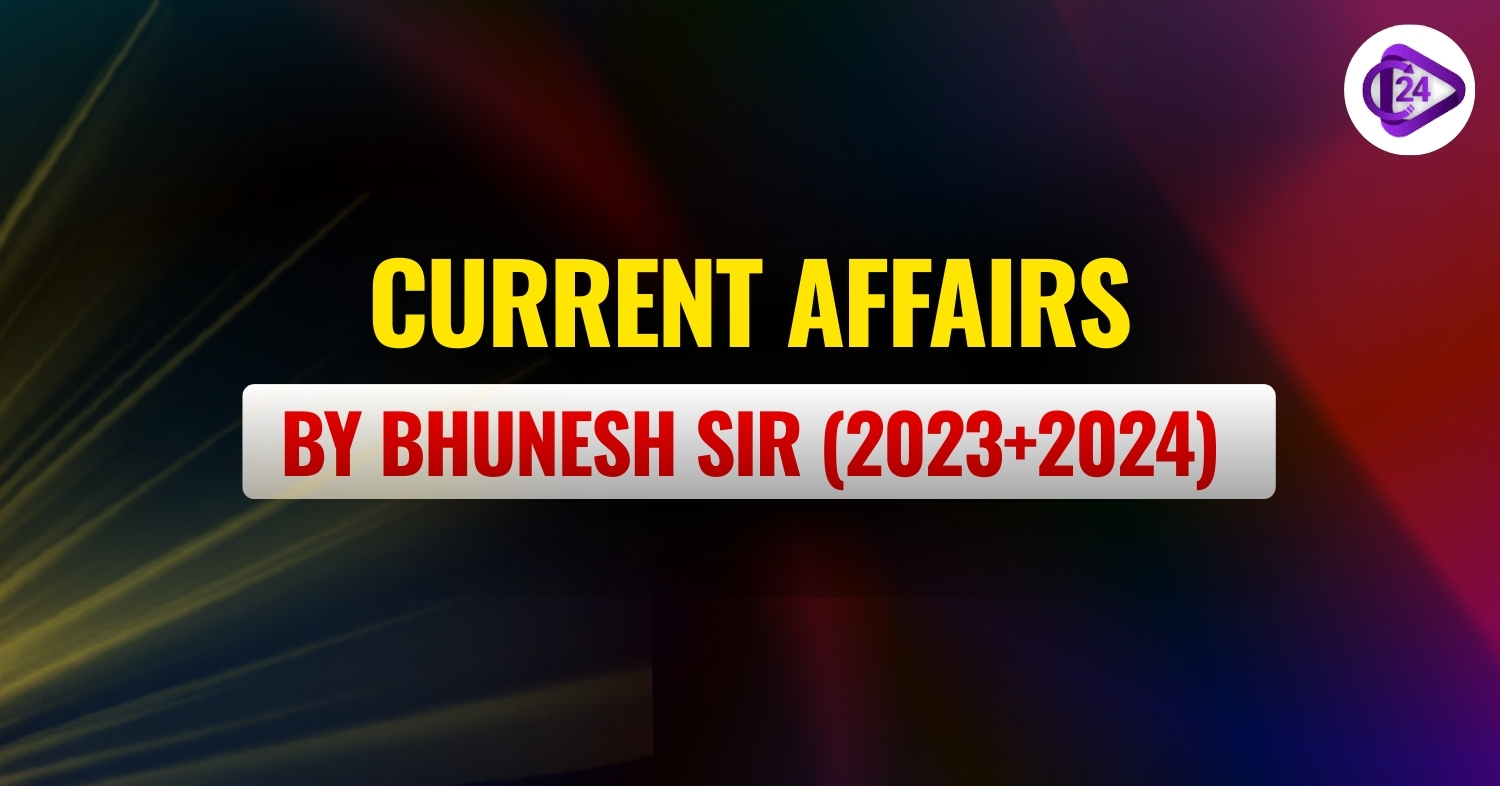Daily Quizzes
Mock Tests
No tests attempted yet.
Select Category
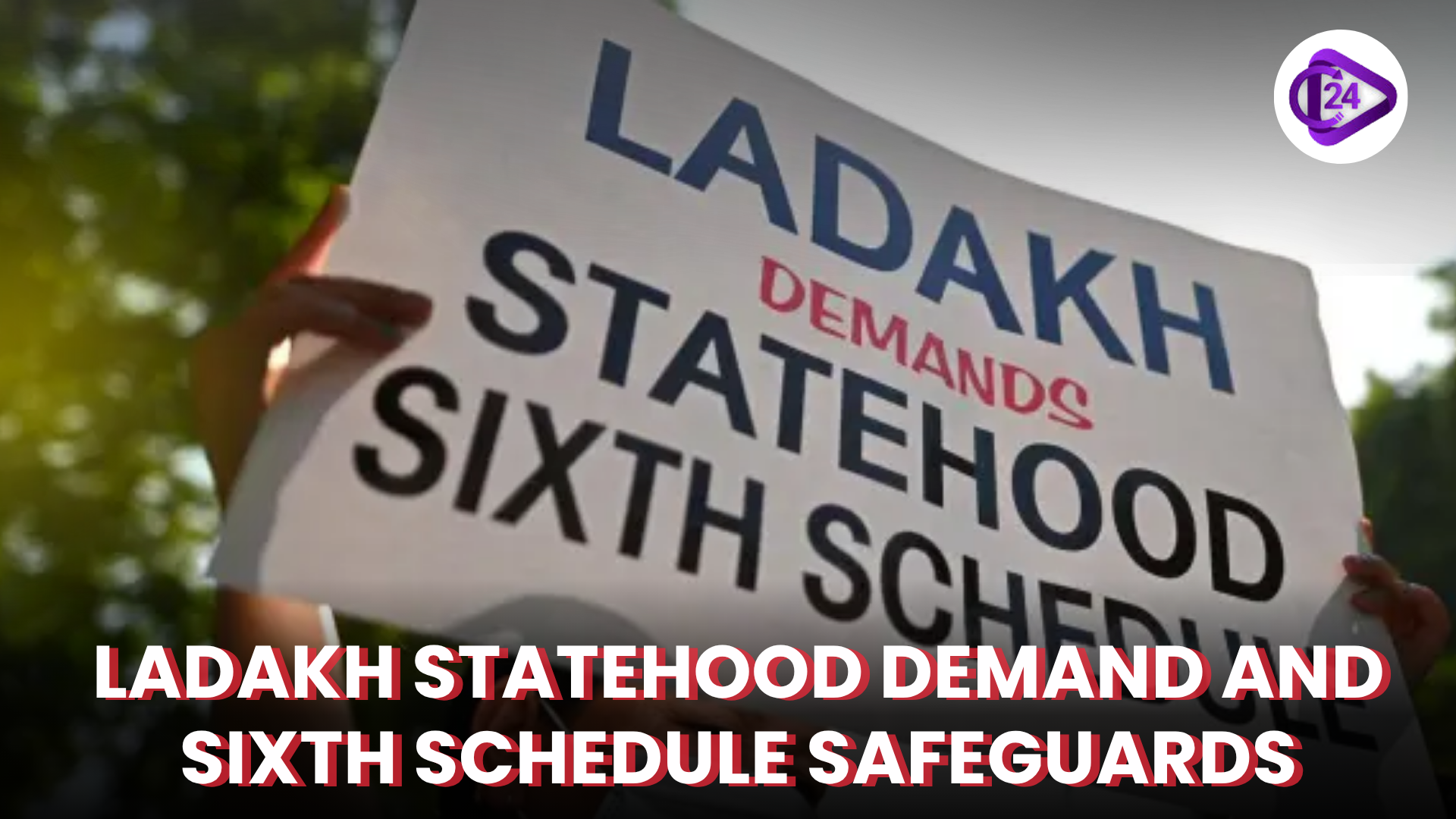
The current hunger strike in Kargil, led by people of climate activist and change maker Sonam Wangchuk and Leh Apex Body leadership figures, has now become a greater demand of Ladakh full statehood and Scheduled 6 inclusion. Ever since Ladakh became a Union Territory in 2019 following the repealing of Article 370, it has been accused of having no political independence and protection to its native people. Protestors always demand law making authority, job reservations, protection of land, language, and culture. Mistrust has been fuelled by delays in dialogue on the part of the Centre. The most important question is to balance security imperative with the democratic rights.
Context
-
A prolonged instance of hunger strike in Kargil participated by Sonam Wangchuk and Chering Dorjay.
Key Points
Demands:
-
Ladakh should have full Statehood.
-
Protection under Sixth Schedule of the rights of natives.
-
Dissatisfaction with the type of governance following the 2019 status of UT because autonomy and protection will not be present.
Background
-
Pre-2019: Integral part of J&K; Buddhist-majority Leh had frequently complained of having to be ignored.
-
After 2019: UT accordingly with development and security, but no legislature, Sixth Schedule immunity.
Primary Demands
-
Statehood-More political independence, powers of legislature.
-
Sixth Schedule Inclusion-Land, language, culture and employment are shielded.
-
Job Reservation-Special percentages to youth of Ladakh.
-
Better representation in the form of separate Parliamentary Constituency- Leh & Kargil.
Provisions in Constitution and Law
-
Article 3: Parliament is capable of making/ amending states; UT changes do not require the approval of the state legislature.
-
Sixth Schedule: (Assam, Meghalaya, Tripura, Mizoram) Autonomous Councils constituting some legislative power and judicial power and safeguard of tribal land.
Reason Motives Behind UT status
-
Borders China & Pakistan: Security.
-
Administrative efficiency: Direct central control: infrastructure push.
-
Cultural difference: Buddhist Leh, Muslim Kargil- different expectations.
Concerns in the existing System
-
Political Deficit: There is no elected legislature and therefore, there is little self-rule.
-
Cultural Insecurity: Recklessness of demography & resource raiding.
-
Environmental Issues: Endangered ecosystem in danger.
-
Centre the Local Disconnect: Slow conversation, suspicion.
Reasons To Include Sixth Schedule
-
Saves the tribal identity, and land alienation.
-
Enables local government to be self-reliant with policies that fit.
-
Successful precedent in Northeast India.
Arguments Against
-
Possibly make strategic security difficult.
-
The bureaucracy of the UT overlaps with administration.
Way Forward
-
Structure Dialogue: Centre, Leh Apex Body, Kargil Democratic Alliance.
-
Interim Safeguards: Land & job protection prior to the statehood decision.
-
Environmental Protection Clause: Legal environmental protection.
-
Phased Devolution: Replacing the power in stages by the people's assembly.
Conclusion
The demands of Ladakh are about the underlying questions of identity, autonomy and sound development in a geopolitically watchful area. This should be a balanced process in national security and constitutional protection that needs a calibrated response on national security and local aspirations.



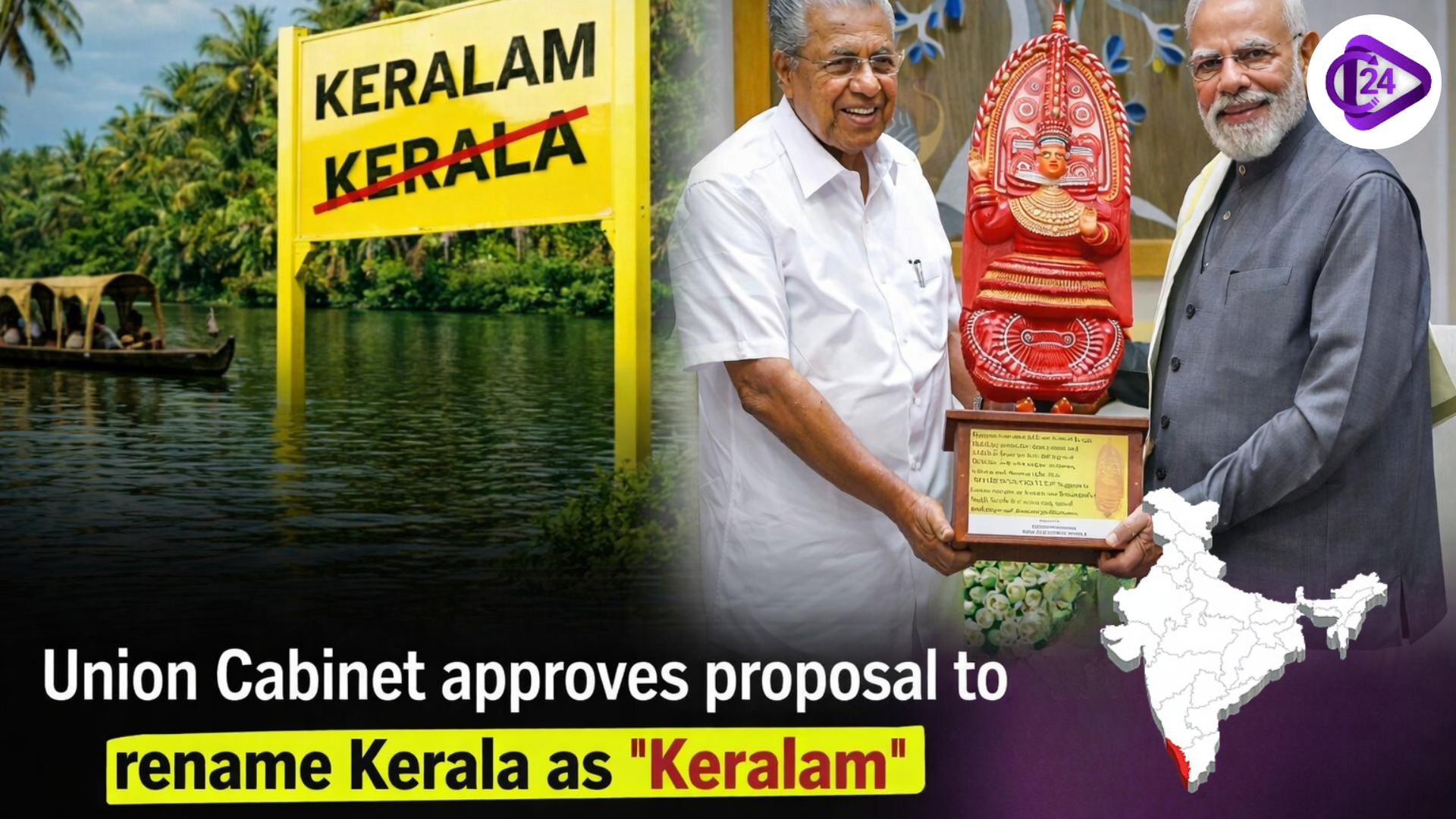 Union Cabinet Approves Renaming of Kerala to Keralam
Union Cabinet Approves Renaming of Kerala to Keralam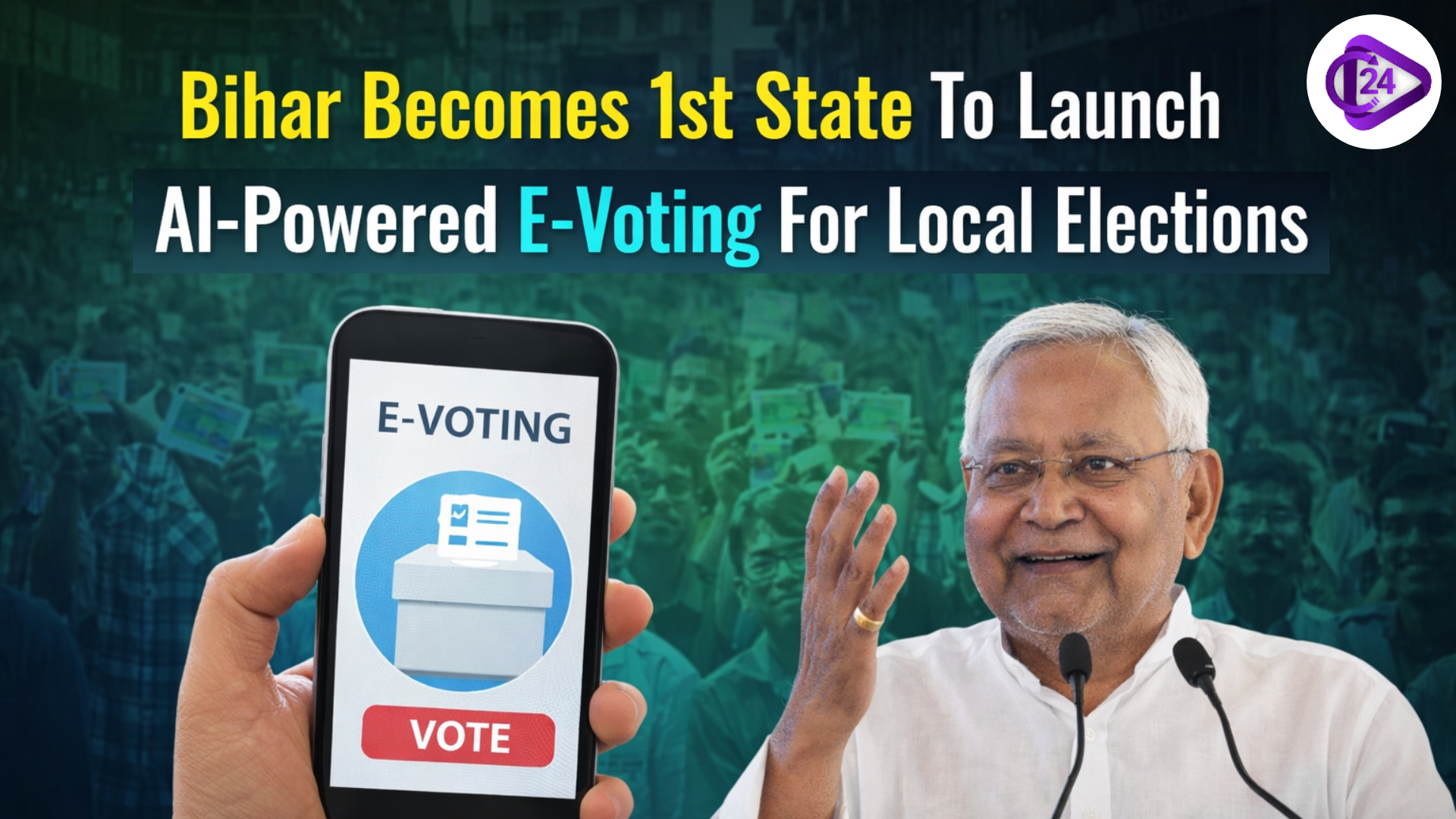 Bihar Becomes 1st State To Launch AI-Powered E-Voting For Local Elections
Bihar Becomes 1st State To Launch AI-Powered E-Voting For Local Elections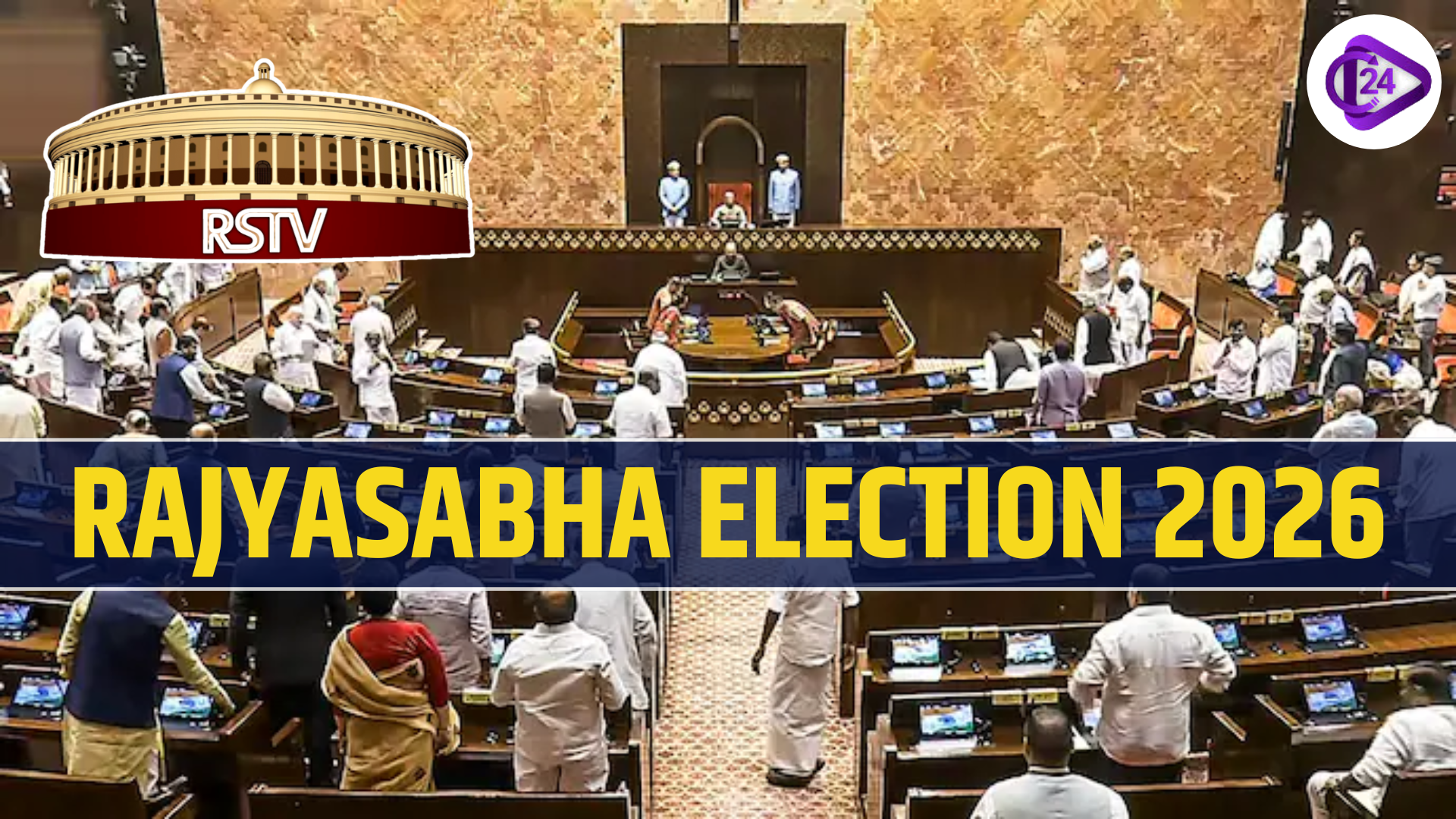 Rajya Sabha Election 2026
Rajya Sabha Election 2026



